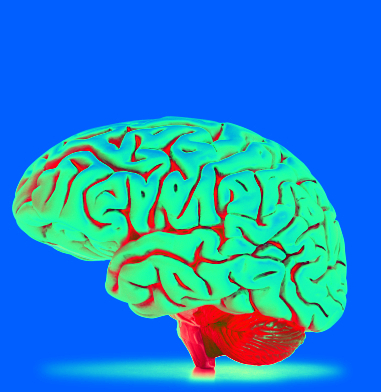Giant MRI set on long COVID
 The world’s strongest MRI has been used to investigate COVID impacts on the brain.
The world’s strongest MRI has been used to investigate COVID impacts on the brain.
Griffith University researchers have used an ultra-high field MRI (7 Tesla) to investigate how COVID-19 and myalgic encephalomyelitis/chronic fatigue syndrome (ME/CFS) mirror the same effects on the brain structure.
The purpose of the study was to demonstrate the potential consistencies between the ME/CFS and Long COVID patients.
“We primarily used the 7T MRI to research the brainstem and its sub regions as it helps to resolve brain structures more precisely to discover abnormalities that other MRIs aren’t able to detect,” says Dr Sonya Marshall-Gradisnik, Director of Griffith’s National Centre for Neuroimmunology and Emerging Diseases.
The 7T MRI showed the brainstem was significantly larger in ME/CFS and Long COVID patients compared to those who did not suffer from the same ailments.
It also showed similar volumes of the brainstem in patients which could be the reason Long COVID patients exhibit all common core symptoms of ME/CFS.
The researchers also discovered smaller midbrain volumes were associated with more severe breathing difficulty in ME/CFS and Long COVID patients.
Therefore, brainstem dysfunction in ME/CFS and Long COVID patients could contribute to their neurological, cardiorespiratory symptoms, and movement disorder.
The 7T MRI used in the study is one of only two in Australia.
The research has been published in Frontiers in Neuroscience.








 Print
Print